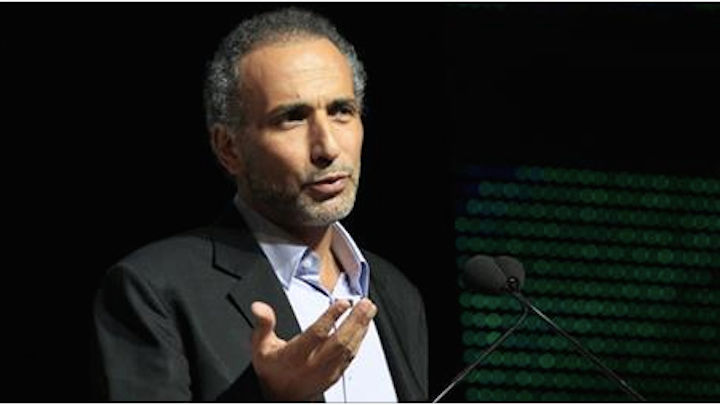Tariq Ramadan renews appeal to stop executions
The renowned Islamic scholar urged President Abdulla Yameen to reconsider moving ahead with the first execution in the Maldives in more than 60 years.

20 Jul 2017, 09:00
The following is the full text of a letter from renowned Islamic scholar Tariq Ramadan to President Abdulla Yameen urging his administration to reconsider moving ahead with the first execution in the Maldives in more than 60 years.
My name is Tariq Ramadan and I am Professor of Contemporary Islamic Studies at the University of Oxford. I write now, Mr President, to follow up on the letter I wrote to you last July expressing my concerns about the imminent execution of Hussain Humaam Ahmed, and the possible resumption of executions in the Maldives generally. As you will no doubt recall, I highlighted contradictions between the 2014 regulation that is set to enable the resumption of executions after an over 60-year moratorium and the Constitution of the Maldives.
I was, therefore, extremely concerned to hear that your government is once again planning to commence executions, with some reports suggesting you may do so as early as tomorrow Thursday 20th July 2017, or dawn on Friday 21st July. I would strongly urge you to reconsider this decision and to maintain the current moratorium on executions.
I understand from media reports that the decision to resume executions is based on the need for public safety. While I appreciate the importance of ensuring stability, I would like to point out that Shari’ah requires justice, which can only be achieved if the fundamental safeguards inherent in Islamic jurisprudence are in effect. Such conditions must be in place before one can even begin to consider grave and irreversible consequences for the accused. I write to you now highlighting that these basic guarantees have not been provided to the death row prisoners who stand first in line for execution. I urge you to continue with the moratorium.
Become a member
Get full access to our archive and personalise your experience.
Already a member?
Discussion
No comments yet. Be the first to share your thoughts!
No comments yet. Be the first to join the conversation!
Join the Conversation
Sign in to share your thoughts under an alias and take part in the discussion. Independent journalism thrives on open, respectful debate — your voice matters.




